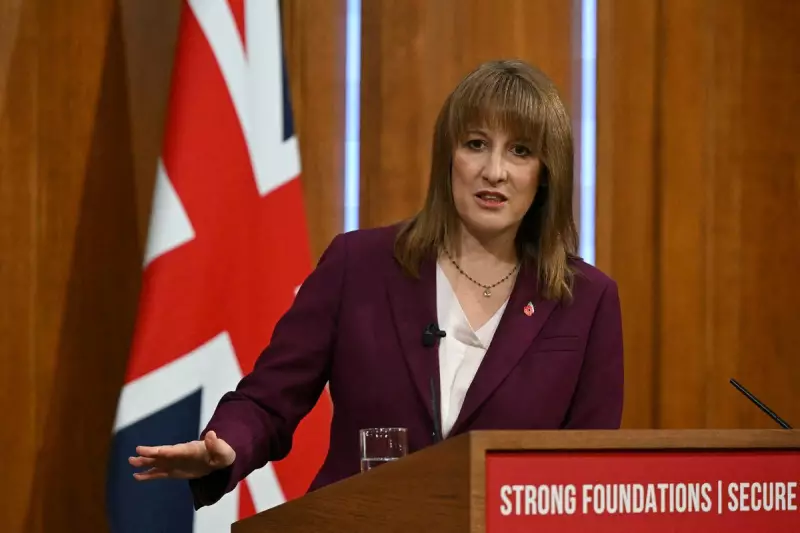
Chancellor Rachel Reeves is preparing a significant crackdown on benefit fraud as part of her upcoming Budget statement, aiming to raise £1.2 billion while grappling with a multi-billion-pound spending gap that may force tax increases.
Budget Measures and Financial Pressures
The Treasury is expected to scrap the controversial two-child benefit cap, a move that would cost over £3 billion, creating additional pressure on public finances. Ms Reeves faces the challenge of weak economic growth, persistent inflation and an expected downgrade to official productivity forecasts as she finalises her Budget statement.
The benefit fraud initiative will involve targeted Universal Credit reviews, with projections indicating it could yield £1.2 billion by March 2031. According to The Times, the Chancellor may also levy over 100,000 properties valued above £2 million, potentially raising £400-£450 million through council tax reforms.
Tax Measures and Political Reactions
After abandoning plans to raise income tax directly, Ms Reeves is expected to pursue what sources describe as a "smorgasbord" of smaller measures to generate revenue. These include considering a pay-per-mile tax for electric vehicle drivers and limiting how much workers can contribute to their pensions under salary sacrifice schemes before paying national insurance.
Shadow chancellor Sir Mel Stride accused Labour of choosing to increase the country's welfare bill and passing the cost to workers. Writing in The Daily Telegraph, Sir Mel stated: "When taxes go up this week – when your pay packet shrinks – remember this is not because of global forces, or Brexit, or the Conservatives but because Labour has chosen higher welfare and is sending the bill to you."
Broader Economic Impact
The Liberal Democrats have criticised extending the freeze on income tax thresholds, calling it "rank hypocrisy" and a "stealth tax stitch-up" by both Labour and Conservatives. They estimate extending the freeze for two years would drag another 1.3 million people into starting to pay income tax or into the higher rate.
Helen Miller, director of the Institute for Fiscal Studies, warned that freezing the income tax threshold would break the letter of Labour's manifesto. She told BBC Radio 4's Westminster Hour that such a move would also constitute an increase in national insurance, directly contradicting Labour's election promises.
Despite these contentious measures, the Chancellor will reaffirm the government's commitment to the triple lock on state pensions, confirming that 13 million pensioners are set to benefit from an above-inflation rise next April.






